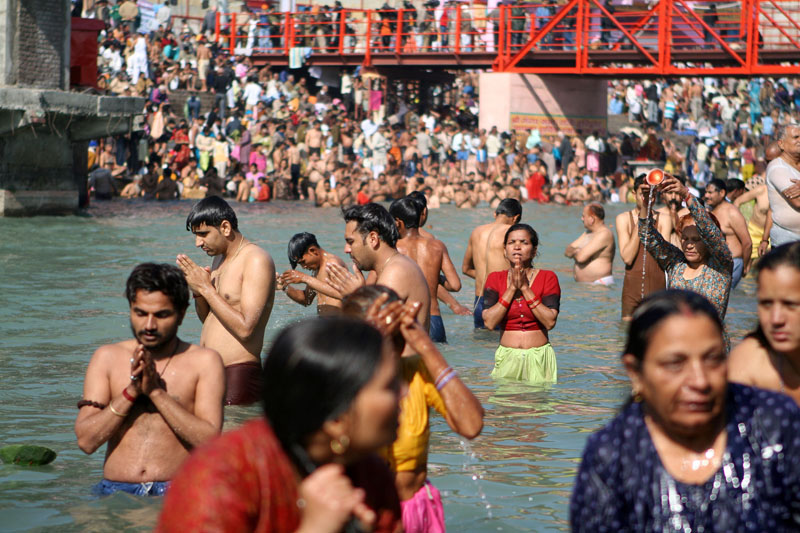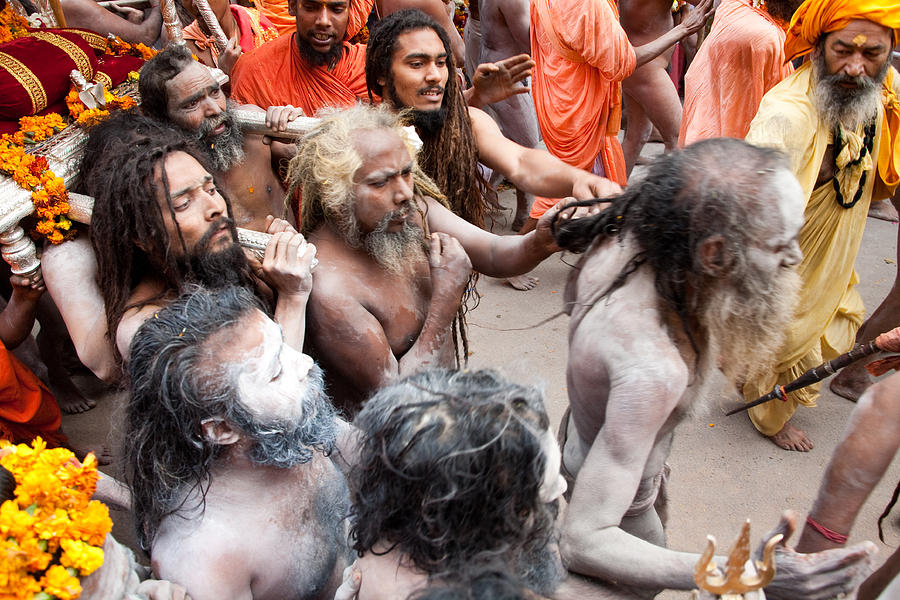Leadership in the Home -Introduction
Leadership in the Home- A Defense
Leadership in the Home- A Godly Man Leads
Leadership in the Home- A Godly Man Protects
Leadership in the Home- A Godly Man Provides
 This is a series about leadership in the home from Tim Challies. These are excellent articles which we thought would be of much value to the men of the Church. Please take time to read this article carefully.
This is a series about leadership in the home from Tim Challies. These are excellent articles which we thought would be of much value to the men of the Church. Please take time to read this article carefully.
A husband’s unique role consists of three tasks: leadership, protection and provision. In fact, these may be the only unique abilities a man brings to the marriage relationship (beyond the obvious biological role). If he abdicates on any of these things, either allowing them to disappear altogether or forcing his wife to take over, he is less of a man for it. And she has less of a husband.
Most Christian men believe that they are expected to be leaders within the home. I would argue that most men, Christian or not, believe this in their heart of hearts. But few husbands know what it really means to be this kind of a leader. Few know what it means to be a godly husband. In the second article of this series, I want to prove to you that God has called husbands to lead.





 One of India’s biggest Hindu festivals, Kumbh Mela, began on Tuesday morning here in Nashik. The last Kumbh Mela in Nashik saw 7,5 crore (75 million) pilgrims and sadhus travel to Nashik to take a holy dip in the sacred Godavari River. This Kumbh Mela is the most sacred of all the Hindu pilgrimages and is regarded as more auspicious than the annual Diwali and Holi festivals. They believe that dipping themselves in this river will wash a person clean from all their sins and recognise this Kumbh Mela to be a “golden” opportunity to “liberate” themselves from all the “miseries and sufferings of life”.
One of India’s biggest Hindu festivals, Kumbh Mela, began on Tuesday morning here in Nashik. The last Kumbh Mela in Nashik saw 7,5 crore (75 million) pilgrims and sadhus travel to Nashik to take a holy dip in the sacred Godavari River. This Kumbh Mela is the most sacred of all the Hindu pilgrimages and is regarded as more auspicious than the annual Diwali and Holi festivals. They believe that dipping themselves in this river will wash a person clean from all their sins and recognise this Kumbh Mela to be a “golden” opportunity to “liberate” themselves from all the “miseries and sufferings of life”. Kumbh Mela is celebrated every third year in four different locations (Nashik being one of the four locations). Nashik hosted their last Kumbh Mela twelve years ago. The pilgrimage is held for about 2 months, when Jupiter and the sun are in the zodiac sign Leo alignment (Simha Rashi). Hinduism teaches that drops of nectar fell from the kumbha(vessel) carried by gods after the sea was churned. One of these drops spilled into the Godavari river making it “divine”. According to Hindu mythologies, the Kumbh Mela is the only time and place in the world where a person can “disburden” his sins and achieve ‘Nirvana’ from the vicious cycle of birth and re-birth. The Hindus believe that by taking a holy dip in the sacred water they will be able to wash away all the sins they have committed in the past and pave way for attainment of Moksha.
Kumbh Mela is celebrated every third year in four different locations (Nashik being one of the four locations). Nashik hosted their last Kumbh Mela twelve years ago. The pilgrimage is held for about 2 months, when Jupiter and the sun are in the zodiac sign Leo alignment (Simha Rashi). Hinduism teaches that drops of nectar fell from the kumbha(vessel) carried by gods after the sea was churned. One of these drops spilled into the Godavari river making it “divine”. According to Hindu mythologies, the Kumbh Mela is the only time and place in the world where a person can “disburden” his sins and achieve ‘Nirvana’ from the vicious cycle of birth and re-birth. The Hindus believe that by taking a holy dip in the sacred water they will be able to wash away all the sins they have committed in the past and pave way for attainment of Moksha. Here is what the Bible has to say about faith:
Here is what the Bible has to say about faith: